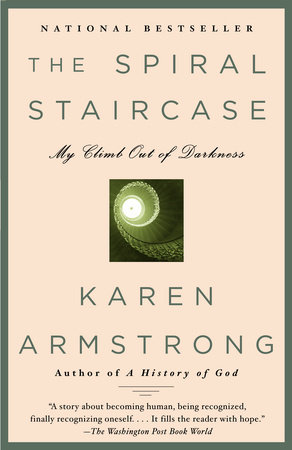There are only two constant truths of me and both are to do with literature.
I’ve always looked to books to explain the world, and I’ve always needed to write things down to process my experience of and in it.
When I got sick, I went to a library long before I went to a hospital. I needed more than “something for the pain” I was looking for more than a diagnosis or a treatment plan. I was in search of humanity, which I had begun to feel illness was stripping from me.
I met many others along the way searching the stacks for the same thing. Having not found exactly what I felt I needed, I started writing the words I wanted to read. At first, I just wanted to distance myself from the pain and give myself the space to process it. I wasn’t hopeful for hope and that was never what I was looking for.
That was never going to be the book I would, or could, write. And no one story, or one person, should be expected to be a beacon of hope. Taken as part of a (growing!) body of work about the lived experience of pain and illness, truth holds more power for us than hope.
On the matter of hope, if I have any at all, it’s that more voices will feel empowered to join this conversation. The collection of voices in the discussion needs to be diversified and amplified.
These books, and their authors, have individual merit—but taken together they are creating a more complete picture of the human suffering, healing, and triumph. Literature has always been a study of life and death, but these books go beyond, boldly illuminating the space between.

Sick by Porochista Khakpour, Doing Harm by Maya Dusenbery, and Invisible by Michele Lent Hirsch
These recent additions to the chronic illness/pain canon are varied, as all three women are very different people and storytellers. But what’s remarkable, and truly a little unsettling, is what is similar. And what so many who read these stories will recognize from their own experiences — many of which they may have felt very alone in.

Through the Shadowlands by Julie Rehmeyer
Rehmeyer is one of the best science writers out there, and, when she turns the lens inward to her own experience, it’s really compelling. It’s also a volume that I think will become an integral addition to the growing canon of literature on chronic fatigue syndrome.

The Pain Chronicles by Melanie Thernstrom
Thernstrom’s was the first book that gave me permission to study and experience pain simultaneously. After I read it for the first time many years ago, I immediately started over again and took copious notes. I wanted to understand the broader cultural and historical record of human pain so I could distance myself from my own personal portion of it—but by the time I got through the book a second time, I felt unified rather than further fractured.

Kore by Andrzej Szczeklik and translated by Antonia Lloyd-Jones
I only just finished this and need to sit with it a bit longer, but if I can entice others to dive in with the quote that led me to it:
“The art of medicine depends on inter alia on exposing the symptoms of disease. Just as a magician summons up spirits at a small, spinning table, so the doctor summons up the symptoms of an illness. But can we force an illness to drop its guard by tickling its feet?”

The Spiral Staircase by Karen Armstrong
I initially read Armstrong’s memoir as a teenager (before I was mysteriously ill myself) because I’d been making my way through books about women who had reckoned with their faith. I was looking for a path to follow to find it myself. When I came back to it years later after I got sick, it was like reading a completely different book. On the first read, I’d come in expecting it to give me something. On the second, I only wanted to be comforted—and I was.

Pain Woman Takes Your Keys by Sonya Huber
Huber’s essays are among some of my favorites ever penned about pain, and this book is really unlike anything else you’ll read about chronic illness. Even for people who don’t have chronic pain or illness, this is a book that catches and stays with you long after you’ve finished it.

It’s Always Something by Gilda Radner
Radner’s tale is a cautionary one; her death from ovarian cancer was one of the first high profile instances where we can say even a beloved, well-known actress with access to the best levels of healthcare, the best doctors, the best treatments, was still disbelieved.

Giving Up The Ghost by Hilary Mantel
I quote Mantel’s memoir in my book quite a bit because it was one of the first accounts of endometriosis — and the quest for an explanation — that I ever read. Mantel is a phenomenal storyteller but writes about her own life with a kind of truth that feels even more resonant than the history she writes about in her fiction.

The Heavy Flow by Amanda Laird, Aroused by Randi Epstein, and Periods Gone Public by Jennifer Weiss-Wolf
Amanda Laird of the Heavy Flow podcast has a forthcoming book of the same name from Dundurn Press that you will absolutely want to pre-order. To round out your understanding of the power and politics of hormones and menstrual equality, add to it Randi Epstein’s Aroused and Jennifer Weiss-Wolf’s Periods Gone Public.
The post 13 Books About Women’s Pain appeared first on Electric Literature.
Source : 13 Books About Women’s Pain













